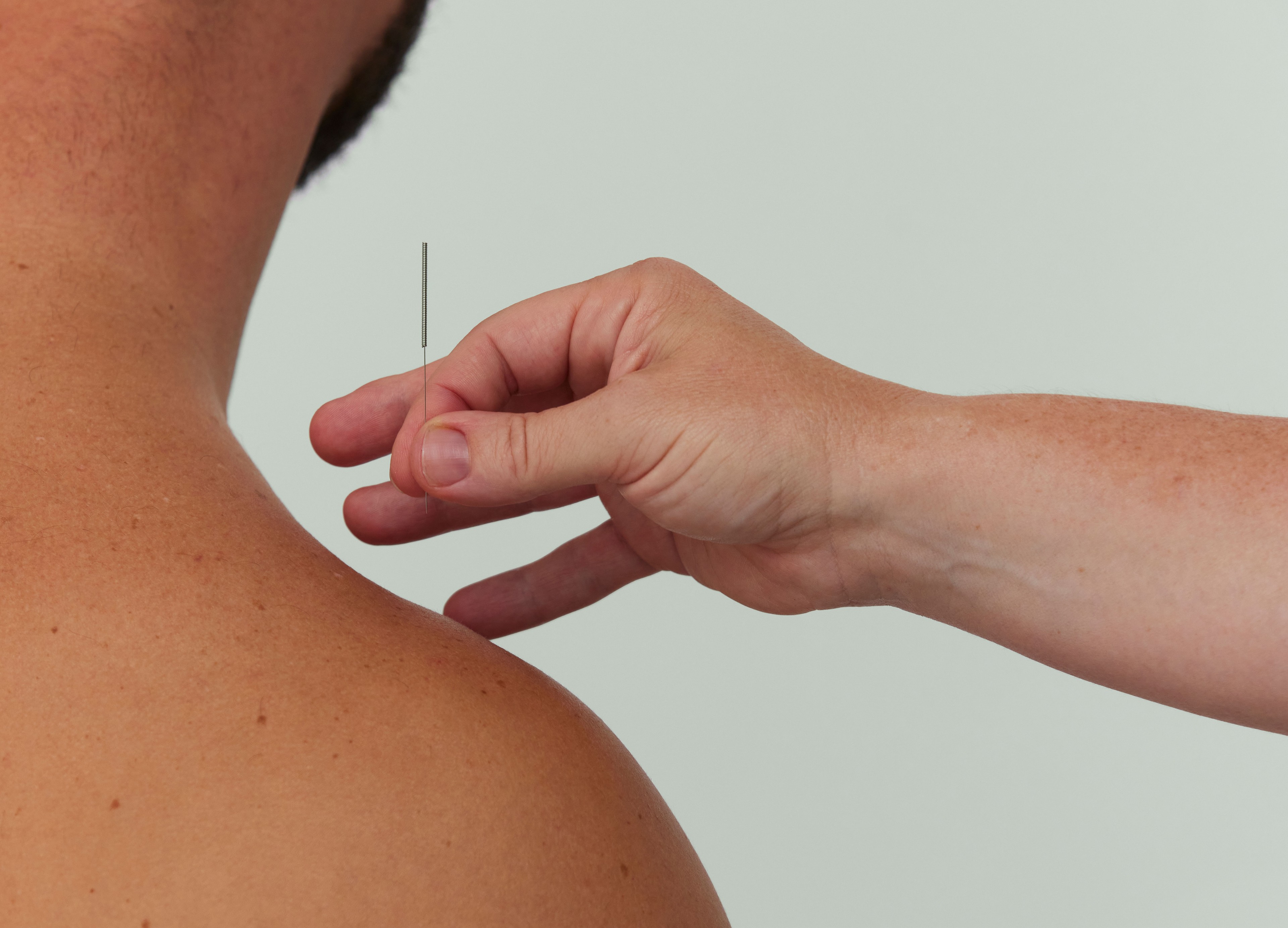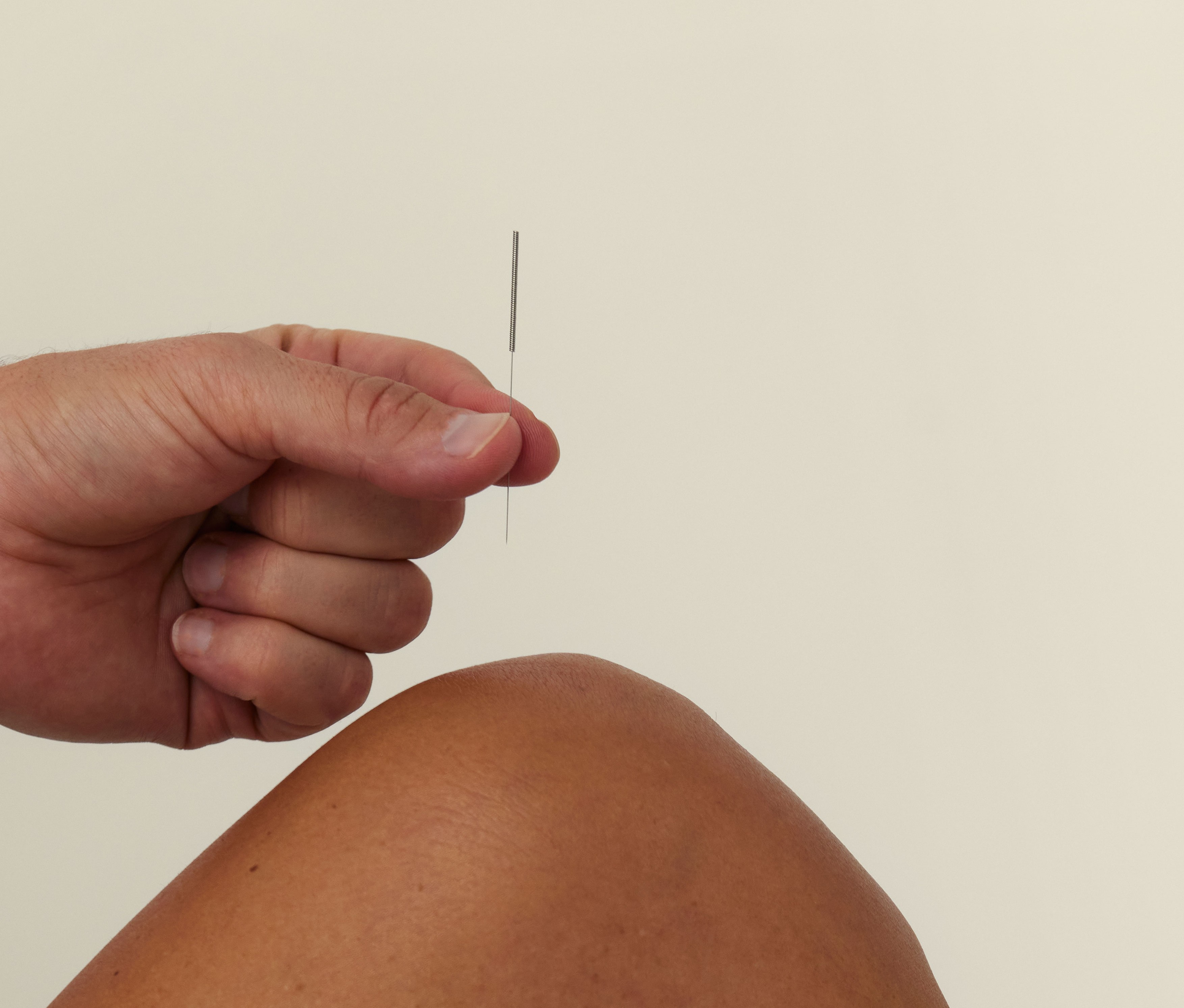Understanding Meniscus Tears: Causes, Symptoms, and Management
The human knee is a remarkable yet vulnerable joint, comprising of various structures that work harmoniously to facilitate movement. Among these crucial components are the menisci, often described as C-shaped discs of rubbery cartilage nestled within the knee joint.

The human knee is a remarkable yet vulnerable joint, comprising of various structures that work harmoniously to facilitate movement. Among these crucial components are the menisci, often described as C-shaped discs of rubbery cartilage nestled within the knee joint.
While they may seem inconspicuous, the menisci play a pivotal role in shock absorption and cushioning, contributing to the overall stability and function of the knee.
However, like any other part of the body, the menisci are susceptible to injury, which can significantly impact mobility and quality of life. In this blog post, we delve into the intricacies of meniscus tears, exploring their causes, symptoms, diagnosis, and management strategies.
Causes of Meniscus Tears:
Meniscus tears can arise from various factors, broadly categorised as traumatic or degenerative. Traumatic tears often occur due to a sudden twisting motion combined with the weight-bearing force on the knee. These injuries are frequently observed in individuals engaged in contact sports or those who experience a fall with a twisted knee. On the other hand, degenerative tears typically manifest gradually over time, primarily affecting older populations. These tears result from the natural wear and tear that occurs with aging, as well as underlying conditions such as osteoarthritis.
Symptoms of Meniscus Tears:
Identifying a meniscus tear can be challenging, as the symptoms may mimic those of other knee injuries or conditions. However, common indicators include:
· Persistent knee pain, particularly along the joint line;
· Tenderness and swelling around the knee joint;
· Deep, achy discomfort exacerbated by weight-bearing activities;
· Sensations of clicking or locking in the knee joint;
· Difficulty with full range of motion, especially during twisting motions.
Diagnosis of Meniscus Tears:
Diagnosing a meniscus tear typically involves a comprehensive assessment by a qualified healthcare professional. This may include:
· Clinical evaluation by a physiotherapist, who may perform specialised tests to assess the integrity of the knee joint;
· Imaging studies, such as magnetic resonance imaging (MRI), which can provide detailed visualisation of the meniscal injury as requested by a specialist;
· X-rays, may be utilised to rule out other potential causes of knee pain, such as arthritis or fractures.
Management of Meniscus Tears:
The management of a meniscus tear depends on various factors, including the severity of symptoms, the location, and the size of the tear. Treatment options may include:
· Conservative management: This approach often involves physiotherapy treatment aimed at reducing pain and inflammation, improving joint mobility, and strengthening the surrounding musculature. Activity modification and the incorporation of low-impact exercises such as cycling may also be recommended to alleviate stress on the knee joint.
· Surgical intervention: In cases where conservative measures fail to provide adequate relief, surgery may be considered. The type of surgical procedure employed will depend on the nature of the tear. In some instances, the surgeon may opt for a repair of the damaged tissue, while in others, a partial meniscectomy may be necessary to remove the affected portion of the meniscus.
In conclusion, meniscus tears can significantly impair knee function and quality of life, necessitating prompt diagnosis and appropriate management. Whether traumatic or degenerative, these injuries demand careful evaluation and tailored treatment strategies to optimise outcomes. By understanding the causes, symptoms, and management options for meniscus tears, individuals can take proactive steps to preserve knee health and mobility, facilitating a swift return to an active lifestyle. Remember, early intervention and diligent rehabilitation are key to overcoming meniscal injuries and restoring optimal function to the knee joint.
To promote comprehensive care and swift recovery, book an appointment with The Urban Physio today. Our experienced team can provide tailored treatment strategies to address meniscus tears and facilitate your journey back to optimal knee health and mobility.















